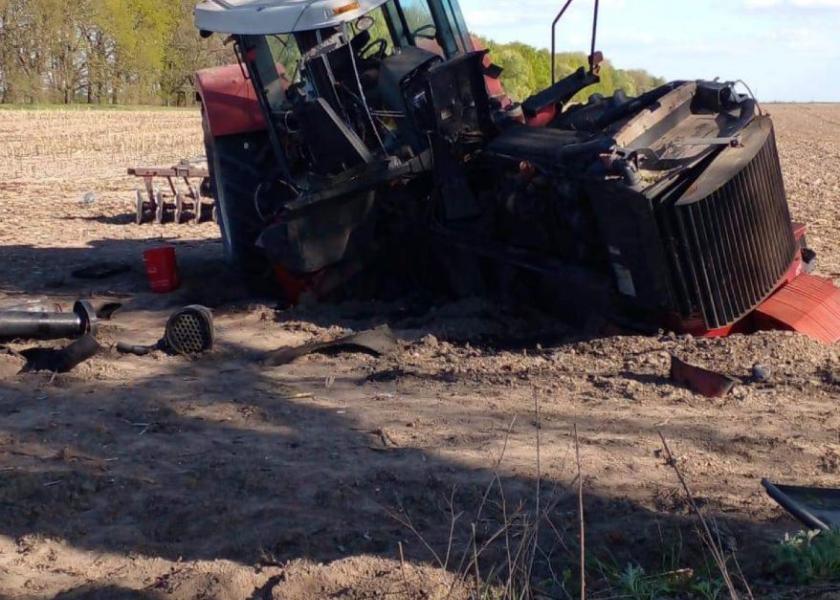Here’s Why You Need to Find Time for A Nap During the Busy Season

How much sleep do you get each night during the busy season? Researchers out of University of Nebraska—Lincoln (UNL) found that planting, harvest and calving season shave off 28 minutes of farmer’s sleep each night.
While 28 minutes doesn’t seem like much when you consider your ever-growing to-do list, Susan Harris, UNL extension educator, and Amanda Prokasky, assistant professor of education and child development at the University of Nebraska Medical Center, found this sleep deficit is a recipe for disaster.
“Half an hour less sleep in one night is no big deal,” says Prokasky. “But when you start subtracting 30 minutes of sleep every night for four to six weeks during a busy season, that sleep deficit can become pretty significant.”
Proof in the Pudding
To complete the study, 40 ag workers wore an Actigraph Spectrum Plus—a wrist monitor that continuously records data on motion and activity—for one week during a busy season and one week during a slower, “more routine” week, according to Harris.
Their findings not only show farmers spent 28 fewer minutes sleeping, but they also spent 25 less minutes in bed.
According to another farmer sleep study conducted by the National Institutes of Health (NIH) and the University of Nebraska Medical Center, farmers who sleep fewer than 7.5 hours per night increase their risk of injury by 61%.
NIH also found that decreased sleep results in decreased stability, making it 7.4 times more likely that you’ll have poor, inconsistent balance.
Minor Adjustments Could Make a Difference
To avoid on-farm incidents, Harris and Prokasky suggest producers:
1. Take a brief break—even if it’s 15 minutes.
2. Consider a nap—research shows a 20-to-30-minute nap will improve mood, sharpen focus and reduce fatigue without leaving you feeling groggy.
3. Adjust your schedule
The UNL researchers intend to create educational interventions on the importance of sleep during agriculture’s busiest seasons.
“We learned a lot of interesting things and learned what to do differently moving forward,” Prokasky said. “Now it’s about finding additional collaborators to take this to the next step.”
More on farm safety:
Kids on the Farm: Don’t Take Your Eyes Off Safety
One Family's Tragedy Sparks Nationwide Farm Safety Project







